A while ago, I came across a series of memes describing what not to say and what, instead, to say, in discourses on racism, its history, and its legacy. The first meme in the original series (which is no longer available) starts off with, “So your ancestor is a racist?”
Going through them, I realized that every single one of them also applied to casteism in Nepal. We have been suffering from casteism — individual discriminatory behavior and prejudiced attitude towards as well as systemic and institutional discrimination towards the so-called lower castes.
Over the course of the last seven years of being heavily involved in conversations — and writing — about social justice issues in the country, when talking about casteism, I have come across Khas-aryas, the so-called high castes, who responded with that which the set of memes says NOT to say. I realized that the only thing I had to do to adapt it to the Nepali audience was to replace “racist” in the first meme with “casteist,” and that’s it! And that’s exactly what I did.
But before the memes, just a bit about the caste system (see image below), THE social system in the country. According to the system, the population is divided into five different groups, the (hill) so-called high caste Hindus (the Khas-aryas) — who enshrined the system in the constitution of 1854 — occupying the top position, and everyone else, about 70% of the population according to the 2011 census report, below them. Obviously, it’s a social construct.
Now for the meme. Here’s the first one with “racist” replaced by “casteist.”
Most people in Nepal are uncomfortable talking about or having discourses on the caste system, especially face to face. Many are in denial of the system, even the education system appears to be in denial if the entry on the caste system in a grade 8 Social Studies textbook is anything to go by.
In the conversations and exchanges I have had — both in person and on social media — about the system, its history, and legacy, I have noticed that many who belong to the so-called high caste become either very defensive or go on the offensive. And, not surprisingly enough, the defensive stance they take is NOT very different from those taken by many White people when conversations or issues about racism are raised with them.
Anyway, what appears below are a list of some of those knee-jerk defensive responses you SHOULD NOT have, if you are a hill so-called high caste Hindu, and their alternative.
Here’s the fist one (see image below). I suspect a hill so-called high caste who provides such a reaction is either someone who is likely to have low opinions of non-Khas-aryas or someone who is not very intelligent and readily takes things personally, or both, or something else I haven’t considered here.
Some of those Khas-aryas may mistakenly believe that people raising issues about casteism and the caste system are small-minded or have low intellectual ability and integrity. Having decided that, they assume such people, like me, are, for example, just placing the blame on the Khas-aryas around us for our personal, social, and professional struggles and sufferings resulting from the caste system as well as under the hugely discriminatory systems and institutions in the country supported by a long history of structural inequality and inequity. For whatever reason, they struggle — or are even unwilling? — to discern or assume a higher purpose in our engagements in discourses about the myriad structural issues our country faces.
A similar reaction to the one below is, “I don’t see caste” or “I don’t believe in the caste system.” What’s the alternative to that? Read on!
The other reaction is for them is to minimize the impact and the horrendous legacy of the long history of casteism in the country (see below). Another knee-jerk defensive reaction similar to the one below is the following: “It’s not only the hill so-called high caste Hindu who discriminate against or are prejudiced towards the lower castes, the Janajatis or the indigenous people of the country! They themselves discriminate against, and are prejudiced towards, one another!” And of course, there’s an the alternative to them.
Yet another reaction is to explain away the historical casteism by appealing to that being just a reflection of the prevalent beliefs and practices of the time, i.e. the norm. The alternative? Acknowledgment.
Another reaction is for them to try to give their ancestors a pass saying current standards cannot be an appropriate yardstick for judging their ancestors’ behaviors and actions (since that was the norm anyway!) etc. Here’s the alternative.
And still another is to try to shift the focus on all the good they did or to say that they had “good intentions.” (‘He/They did what they did to maintain “sovereignty” of our country’ is one I have heard/seen!) Here’s the alternative.
Finally, there’s also the tendency to refocus or deflect the conversation/discourse by saying “The past has passed and we can’t do anything about everything that happened then.” Here’s the alternative.
What do you think?
References
Added after the publication of the blog post because of their relevance.
Himalkhabar (Jan. 2, 2021). के थियो बुङ्कोट विद्रोह ? कसरी मारिए लखन थापा ? About the resurgent Lakhan Thapa (Magar) who led a small army against Jang Bahadur’s rule and was hanged along with six of his co-conspirators. [Added Jan. 3, 2021.]
Setopati (July 9, 2021). सर्वजीतको नेतृत्वमा दलितहरूले विद्रोह गरेर ७५ वर्षअघि खोलेको विश्वकर्मा स्कुल | Says ‘Biswakarma School Established 75 years Ago Through a Rebellion Under Sarbajit’s Leadership.” Biswakarmas belong to the so-called the “lowest caste,” Dalits. [Added July 9, 2021.]

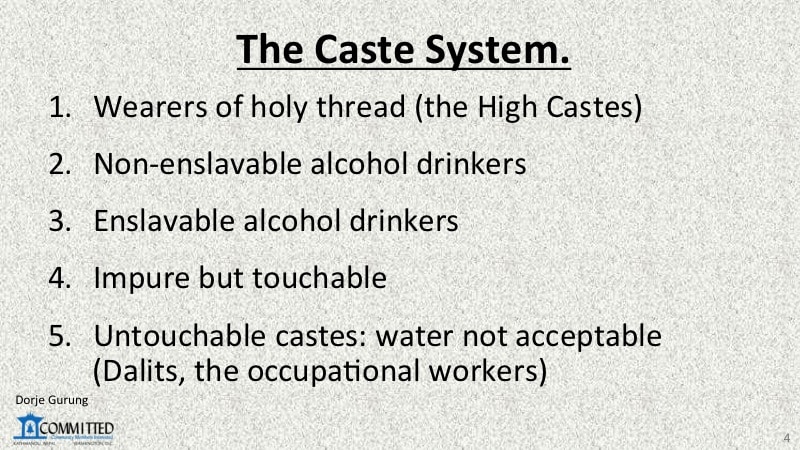
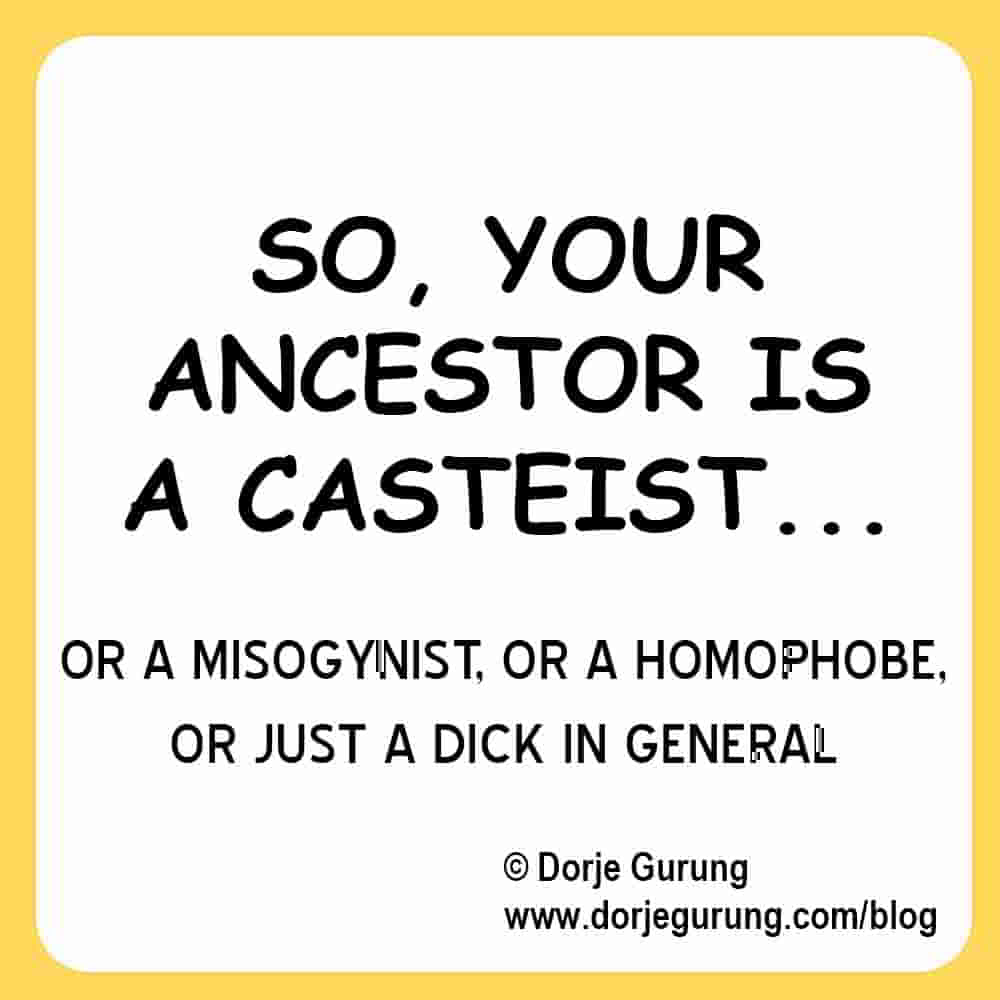
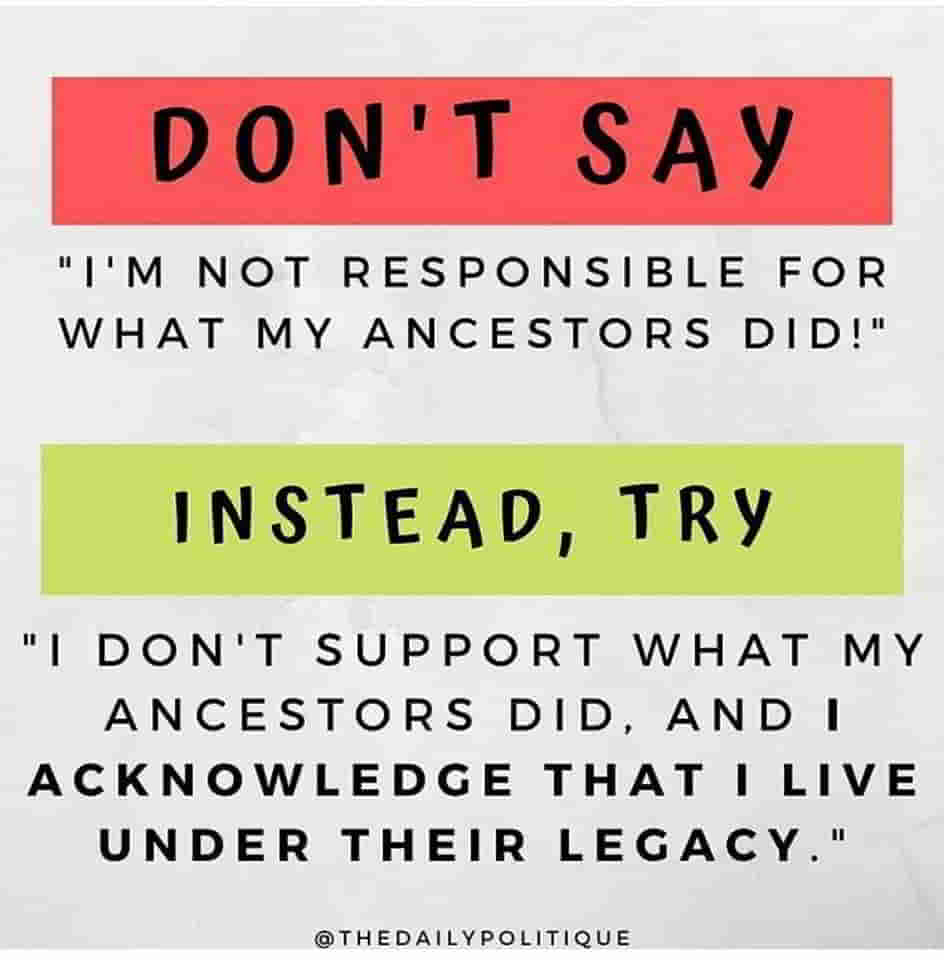
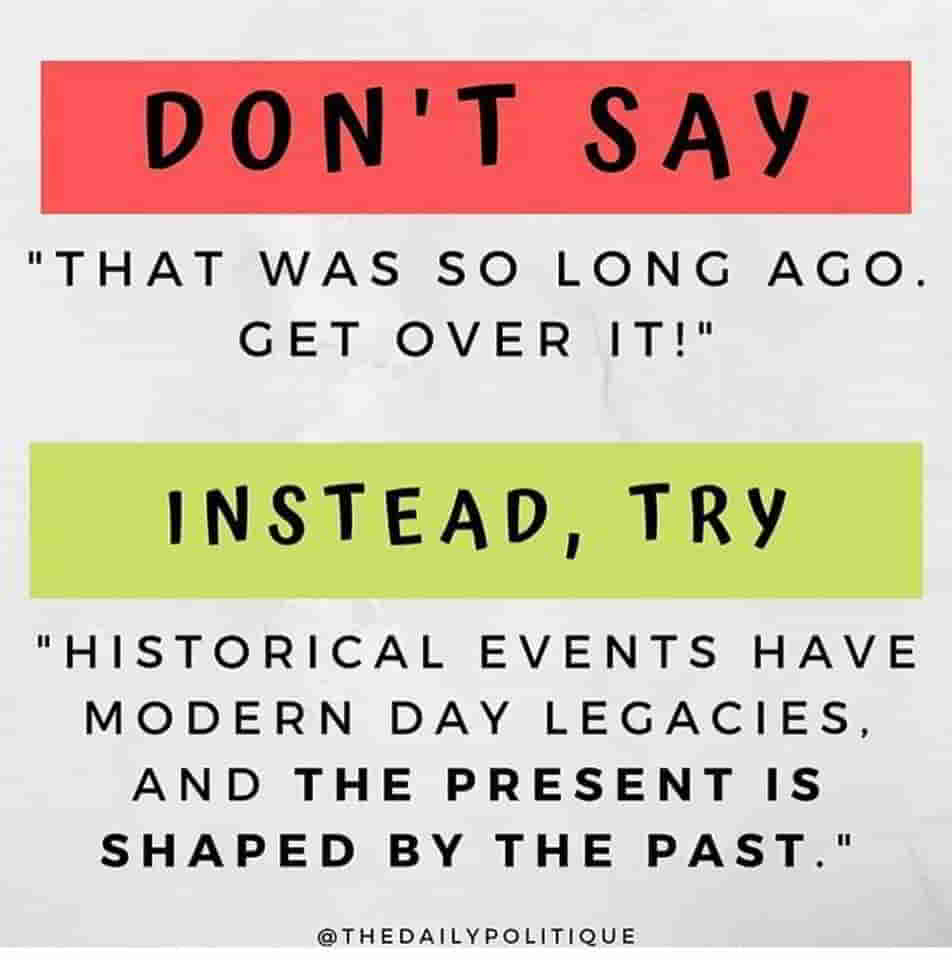
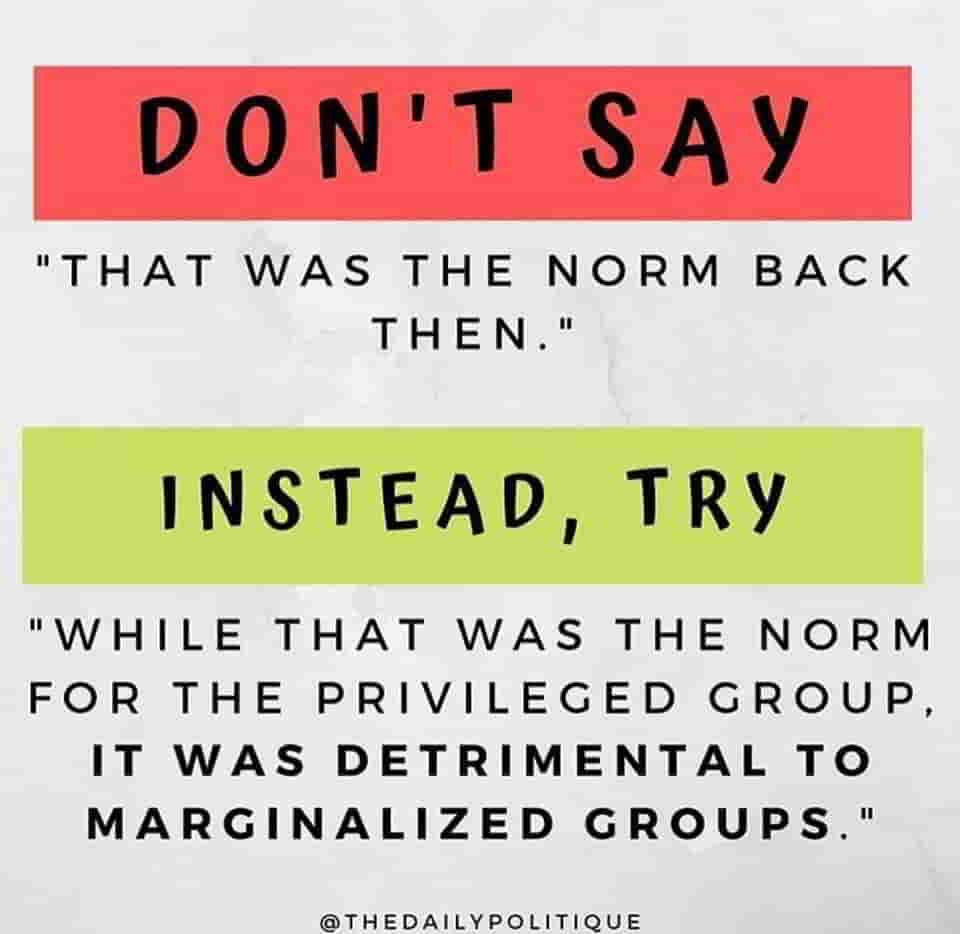
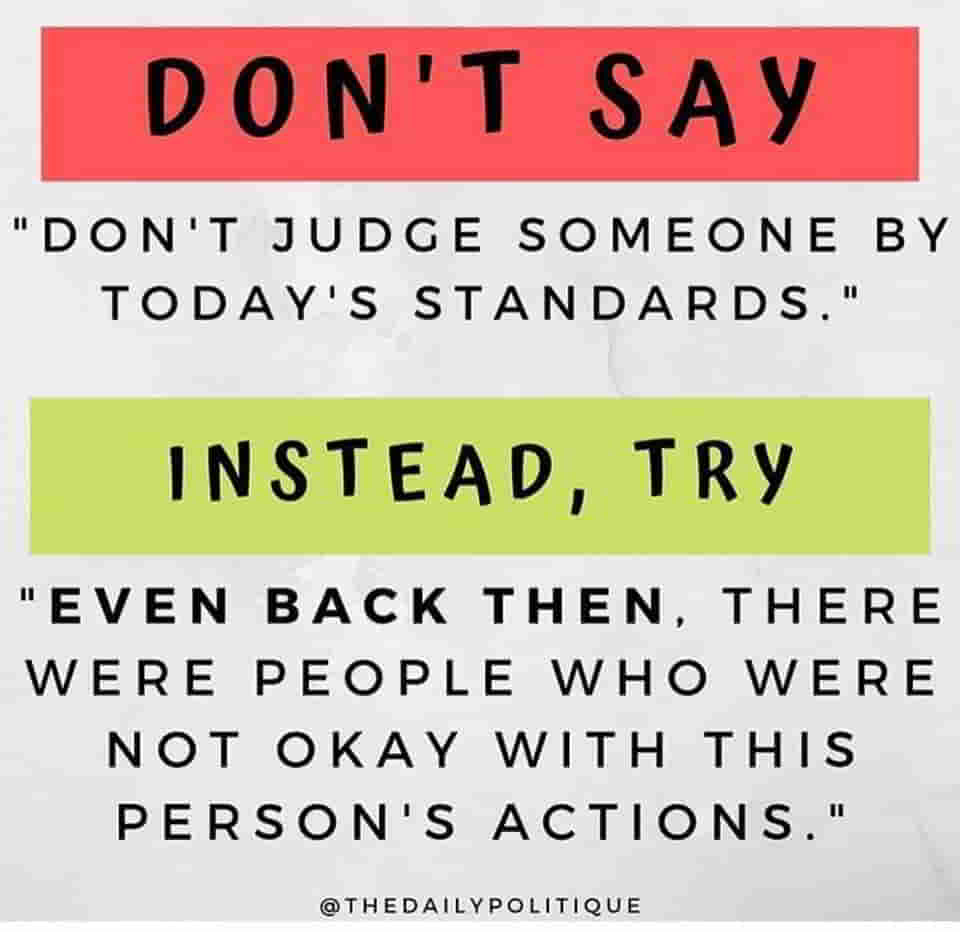
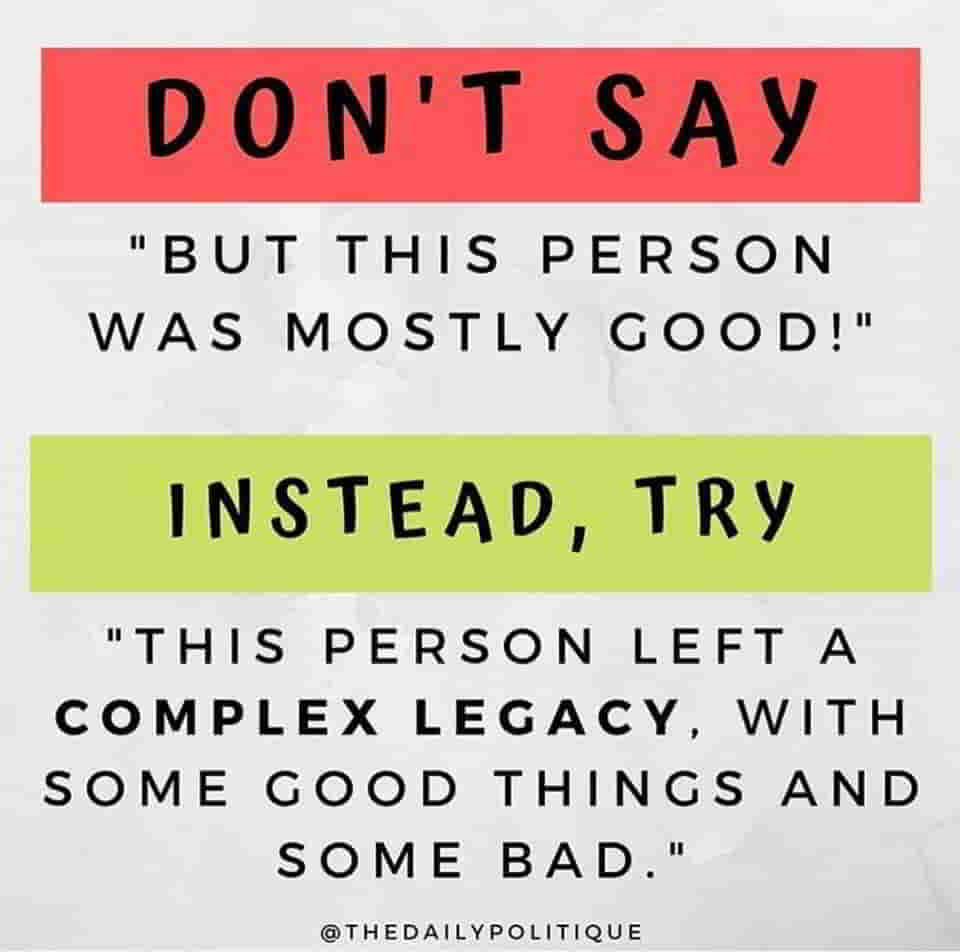
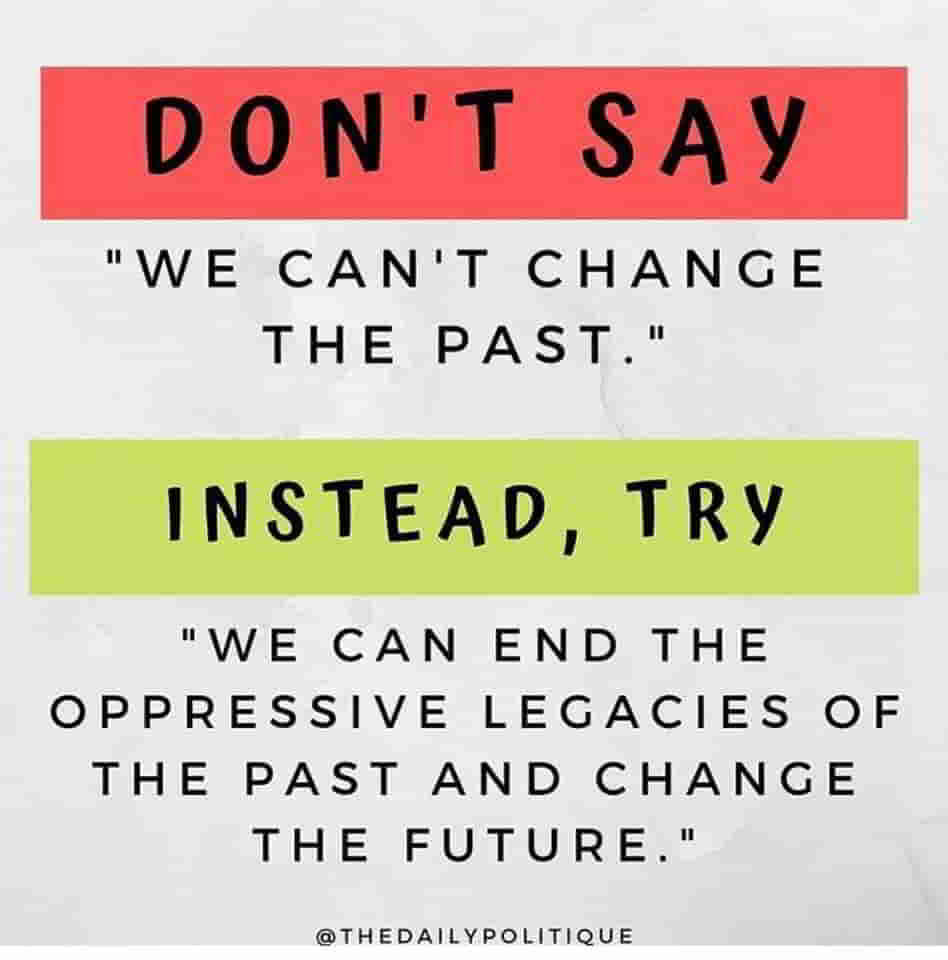
So knock down statues then? Ancestors lived on what they knew and what was “normal” and legal at the time. Those had been reasonable at the time and place. So the future should judge people who lived in this decade.
🤣🤣🤣🤣🤣🤣🤣🤣🤣🤣🤣🤣🤣🤣🤣🤣🤣🤣🤣🤣🤣🤣🤣🤣🤣🤣🤣🤣🤣🤣🤣🤣
You didn’t understand anything in the blog post, did you? Otherwise, why would you make a strawman argument (about statues), unless you and i have had a discussion about it elsewhere on the subject!😁
Or, maybe you didn’t really actually READ it! Did you? Or maybe you did read it but didn’t DEEPLY reflect on anything you read. I wonder why!
But, go well and stay well, and please continue to live in your little bubble and believe whatever you want to continue to believe.
And good luck!😁